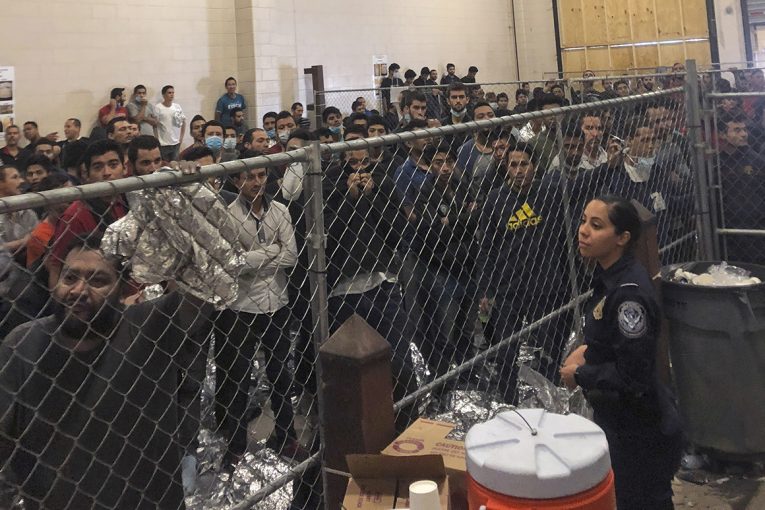
By Neha Suri
SAN FRANCISCO, CA – A recent report by the American Civil Liberties Union (ACLU) of Northern California details how Immigration and Customs Enforcement (ICE) facilities in California have ceased immigrants’ access to free legal phone calls as retaliation for their labor strike.
The report explains that following a 35-day hunger strike in 2023, detained immigrants in ICE facilities in California have relaunched hunger and labor strikes, but after six days of striking, ICE terminated access to direct free legal phone calls for the migrants.
This comes after an ACLU lawsuit previously secured these rights for the immigrants.
According to the ACLU report, the strikes are the result of, “human rights violations – from hazardous facilities unfit for human habitation to medical neglect, sexual assault, and other perversities.”
One of the detained immigrants shared his story with the ACLU, stating he “was a successful DJ in El Salvador” who came to the U.S. just as the pandemic was beginning in February 2020 following threats and extortion from gangs after his rise in popularity.
Upon entering the country, he explained to the ACLU he was immediately detained.
Unfortunately, he suffered from gastroesophageal reflux disease, but ICE refused to help him obtain treatment, preventing him from visiting a doctor. He told the ACLU his disease worsened his health, to the point that the “pain in his throat (was) so intense that he could not sleep or swallow.”
Instead of being allowed to visit the doctor, he was told to file grievances, and according to the ACLU, he submitted dozens, pleading for help. Instead, his condition became more severe, with his tooth fracture that had become rotten because of the acid in his throat.
All of this was taking place during the early days of the pandemic, yet instead of following medical guidance and masking immigrants, the ACLU report writes that the ICE staff kept them in confined spaces, like buses, and despite many showing symptoms of the virus or coughing and sneezing, they were all kept together.
In fact, “the staff refused to quarantine them,” according to the ACLU.
After suffering from these unlivable conditions, the immigrant from El Salvador went on a hunger strike, organizing with others, to “protest the squalid conditions at the facility,” stated the ACLU.
Unfortunately, he faced retaliation from ICE, losing his job and being placed in a month-long segregation.
It took contacting a reporter for him to finally receive treatment, said the ACLU.
Stories like this, maintains the ACLU, are not unique in these ICE detention centers and often result in the revocation of many rights for detained immigrants, as is the case now with the inability to access free legal phone calls because of the current labor and hunger strikes protesting the harsh conditions of ICE facilities.